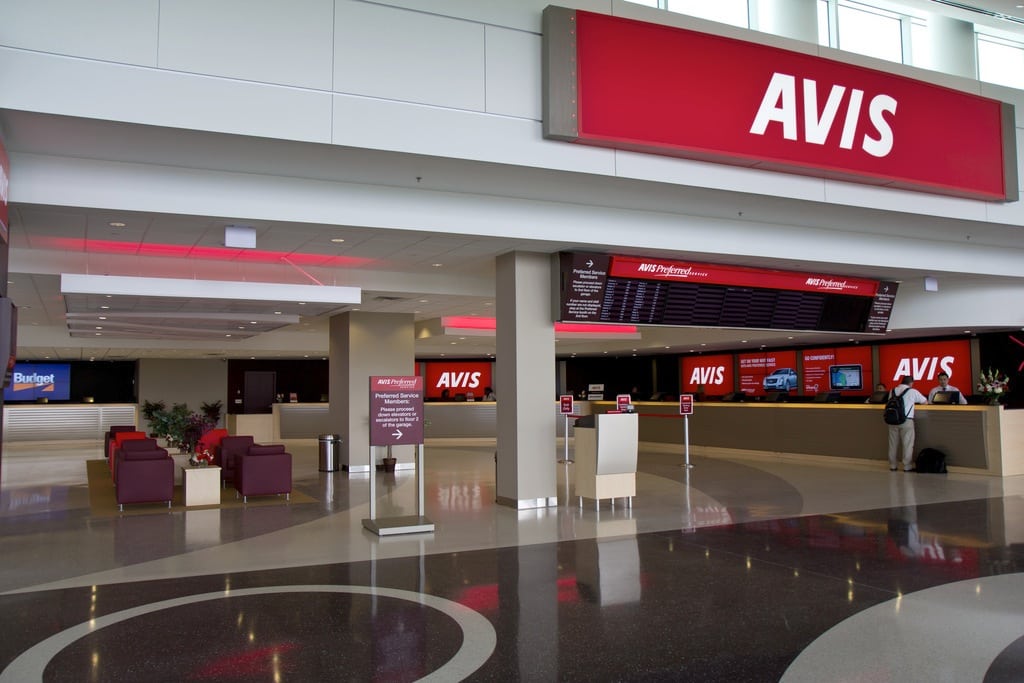Avis Budget Is Disappointed With Its U.S. Business Traveler Car Rentals

Skift Take
Avis Budget Group's CEO claims the company hasn't felt any significant effects from the mainstreaming of ride-hailing apps like Uber and Lyft, but Avis' disappointment with its business car rentals indicates some holes in that argument.
Telling analysts and investors during the company's third quarter earnings call on Tuesday that "we're consistently just a little bit disappointed with commercial volumes for us across the Americas," CEO Ron Nelson neglected recent statistics pointing to U.S. business travelers' preference of Uber and other ride-hailing apps.
“Commercial demand in North America and the overall pricing environment globally continued to be a bit softer than we would've hoped," said Nelson. "We’ve heard some noise at GBTA that suggests that this isn’t unique to us or the car rental industry but it has been a little bit of a softness, half a point there, half a point there relative to our expectations. We saw this play out in the third quarter and expect it to continue in the fourth quarter."
Whether Nelson refuses to face reality or acknowledge Uber's shock to the rental car industry, the numbers don't lie. Rental car receipts accounted for 44% of all business travel ground transportation expenses during the third quarter, down from 52% a year ago. Car-hailing receipts are up 17% year-over-year for the quarter, jumping from 17% to 34% of ground transportation receipts, according to third quarter expense data from Certify.
Interestingly, mobile app reservations grew 47% at Avis and more than 85% at Budget year-over-year.
"We’ve looked at [the impact of Uber and Lyft] in a number of ways in markets like San Francisco, Chicago, Boston and New York which would be more likely to see an impact and if there is one it is very slight," said Nelson.
"We continue to be growing in those markets, our volumes are up year-over-year. And we continue to believe that Uber and Lyft have a very significant impact on taxi replacement. Based on analysis we’ve done we estimate the impact to [Avis] to be somewhere between zero and a few tenths of a point of volume this year.”
Nelson all but admitted that Zipcar, which Avis Budget Group acquired for $500 million in 2013, is the weapon the company will use to go head-to-head with Uber as both companies continue expanding. He added the company's looking at the impact of ride-hailing apps on Zipcar and portends that "we do see the potential for there being some impact" with Zipcar's global membership now exceeding 950,000 and the company focusing on expanding its presence particularly on college campuses.
Commercial, or business, rental pricing declined 2% in constant currency and leisure pricing increased 1% for the third quarter. Leisure demand was strong in Europe and overall the company delivered its highest quarterly earnings in its history.




